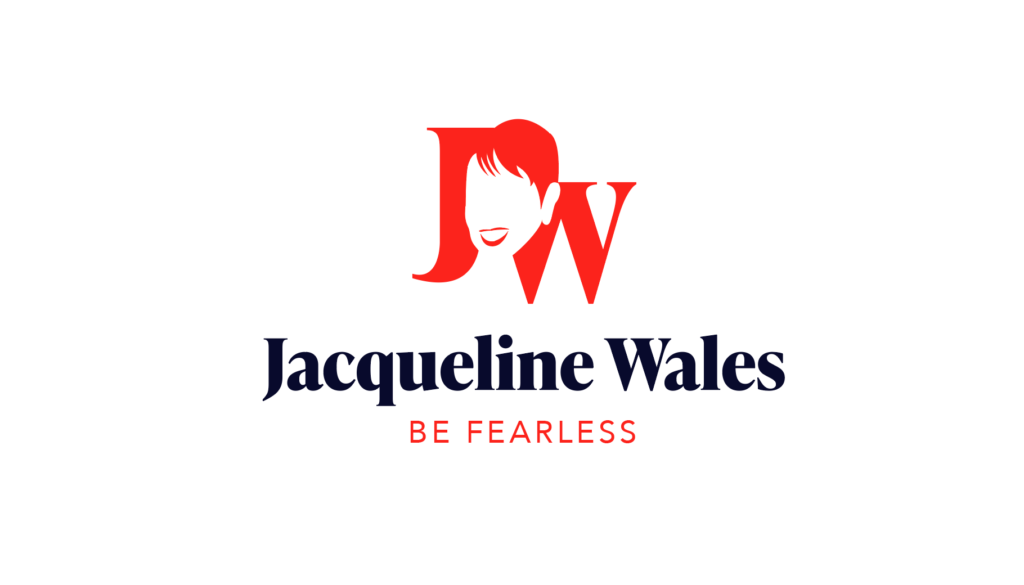Empathy: Are You Bringing It To Work?
When you listen to an exquisite piece of music or read a scene in a book where the character overcomes something, you feel it.
When a colleague shares their struggles, you know how they feel.
According to author and professor Richard Boyatzis, the underlying intent of empathy is wanting to understand another person, and sharing the emotion of a situation.
Empathy is essential in the workplace and above all, from leaders. Empathic leaders have a greater capacity to boost morale in their teams. They are curious about people, and they are always happy to engage their inquisitive natures. They celebrate differences rather than similarities. When empathy is missing, individuals may isolate, and their perspectives go unheard in strategizing and important conversations.
Some people are naturally empathic, but many must actively work on it. The good news is practicing empathy rebuilds connection and relationships.
Empathy is essential in the workplace and above all, from leaders. Empathy creates regard and helps build trusting relationships.
Let’s start with a deceptively simple idea:
Being curious about others is a simple way to build empathy.
You may not understand others’ cultures or the reasons they do what they do, but you want to understand. Show your curiosity by asking questions. This demonstrates genuine interest in learning about the other person, their ideas, the way they think and what they think. There are few things as gratifying as true regard.
Exceptional leaders are more interested in learning about others than pontificating about their strengths and achievements. They are self-aware and quietly understand what they stand for. Taking the time to connect with people lies at the heart of your role as a leader. Everyone benefits when you give your full attention, listen, and ask questions—including you!
Gather information about what your team members like, what they believe in, and how their work environment impacts them. Watch for nonverbal cues such as facial expressions and body language. (You can tell a lot just from seeing how people carry themselves!) Make eye contact and listen to understand.
It bears repeating: Empathy is a leadership muscle we must constantly train. Consciously practicing empathy fosters stronger collaboration and innovation in our teams.
What naturally elicits your kindness, concern, and compassion with family and friends? Try transferring that level of interest and engagement to your team members.
You can develop your leadership communication muscles daily by questioning yourself:
- Do I listen to fully understand, rather than to make my point?
- How well do I express empathy and compassion in conversations? How could I do better?
- Did I respond from a place of knowledge and understanding, or from assumptions and judgment?
- Am I embracing new ways of working, listening, sharing, and understanding?
- What will I practice todayto become a better listener and communicator?
In your leadership role, you have the awesome responsibility—and opportunity! —to model integrity and open communication with your team members. Your actions lay the foundation for a safe and inclusive environment where all contribute and know their voices are heard.
Widen your circle of compassion to understand more and share more of who you are. The ability to be kind and compassionate is in all of us. When we expand our compassion, we are being present to the situations at hand. When someone shares a painful episode you can sympathize and also empathize if it means you can share your own experiences.
Difficult feelings are difficult because we don’t know how to share them safely. Psychological safety at work demands we give time and attention to the things that makes us uncomfortable. Trust and empathy are critical skills in all good leadership, but they are frequently accompanied by fear because sharing demands an element of trust that the person will respond with understanding.
Next time you are in a conversation try deepening the level of connection by asking questions to gain clarity. Don’t just accept surface answers.
Be curious about people’s background and interests if they are a different race, religion or political persuasion. Learn to understand what makes people who they are.
Give people your full undivided attention and be willing to step into their shoes.
Seek to understand and above all, earn the right to give advice.
Empathy is the gift you give others, and in return the gift you receive.
Jacqueline Wales is the author of The Fearless Factor, The Fearless Factor @ Work, When The Crow Sings, and Fearless Women Leading The Way to be published in 2023.
She has explored human behavior and asked tough questions to discover hard truths for more than 35 years and is a trusted advisor to high-achieving women who helps her clients take accountability for their actions and responsibility for their decisions to achieve remarkable results.
Her programs include
- Individual Coaching
- Transformational Strategies for Success: A self-directed online coaching program
- Inner Game Mastermind: a small carefully curated group coaching and mastermind program
She is also available to speak to groups and corporate events on why fear matters to your success. To learn more about these programs click on the links or give me a call.

